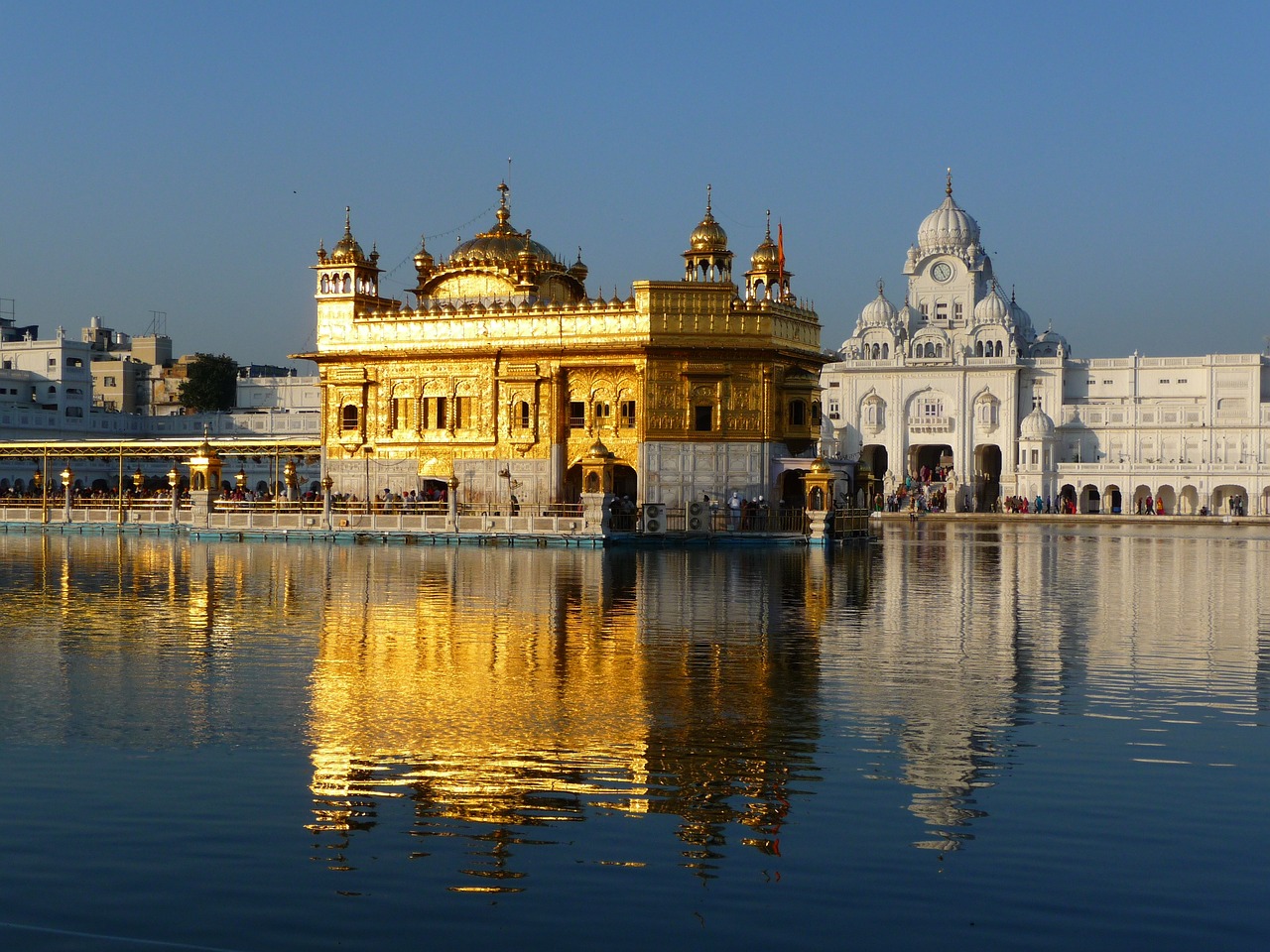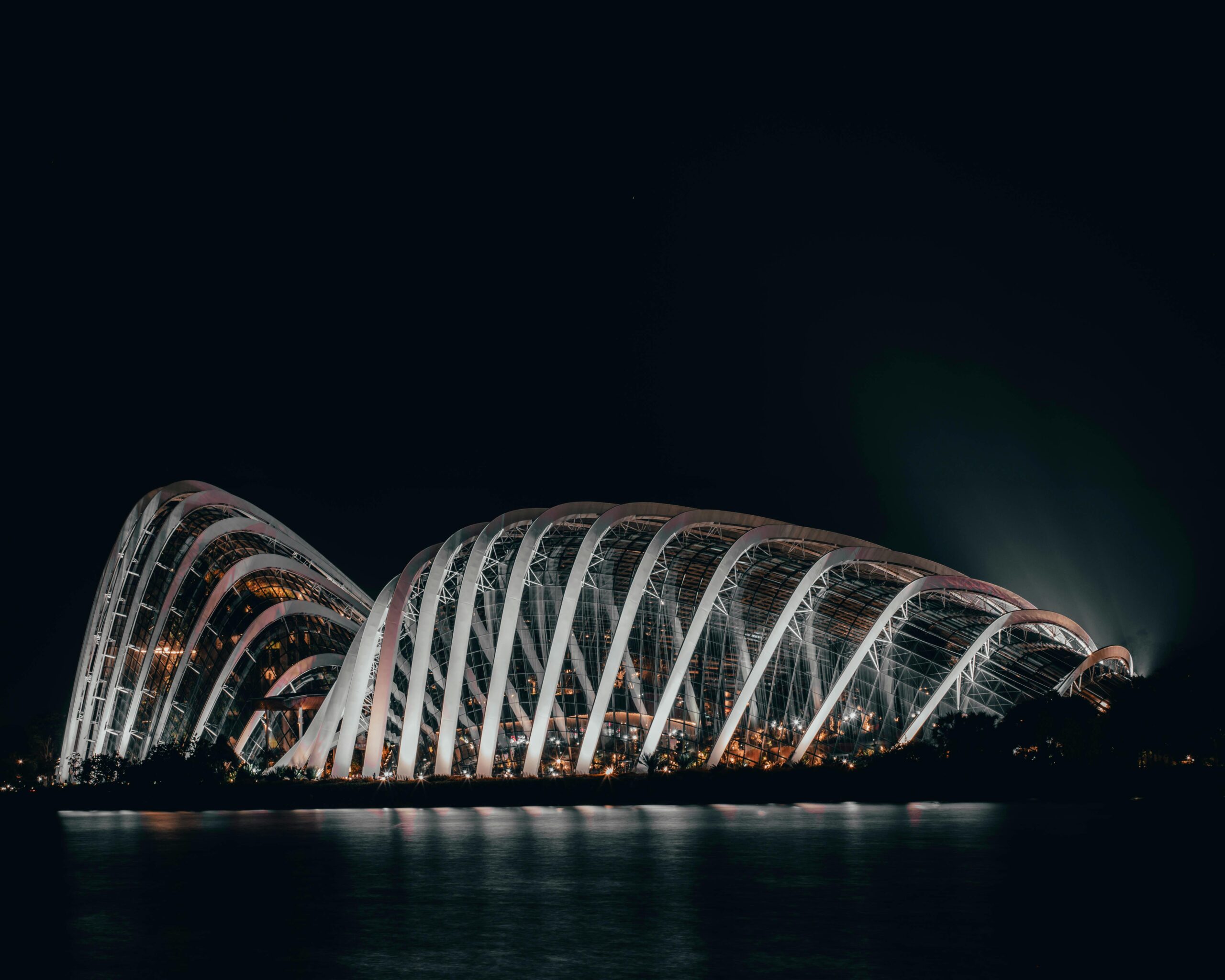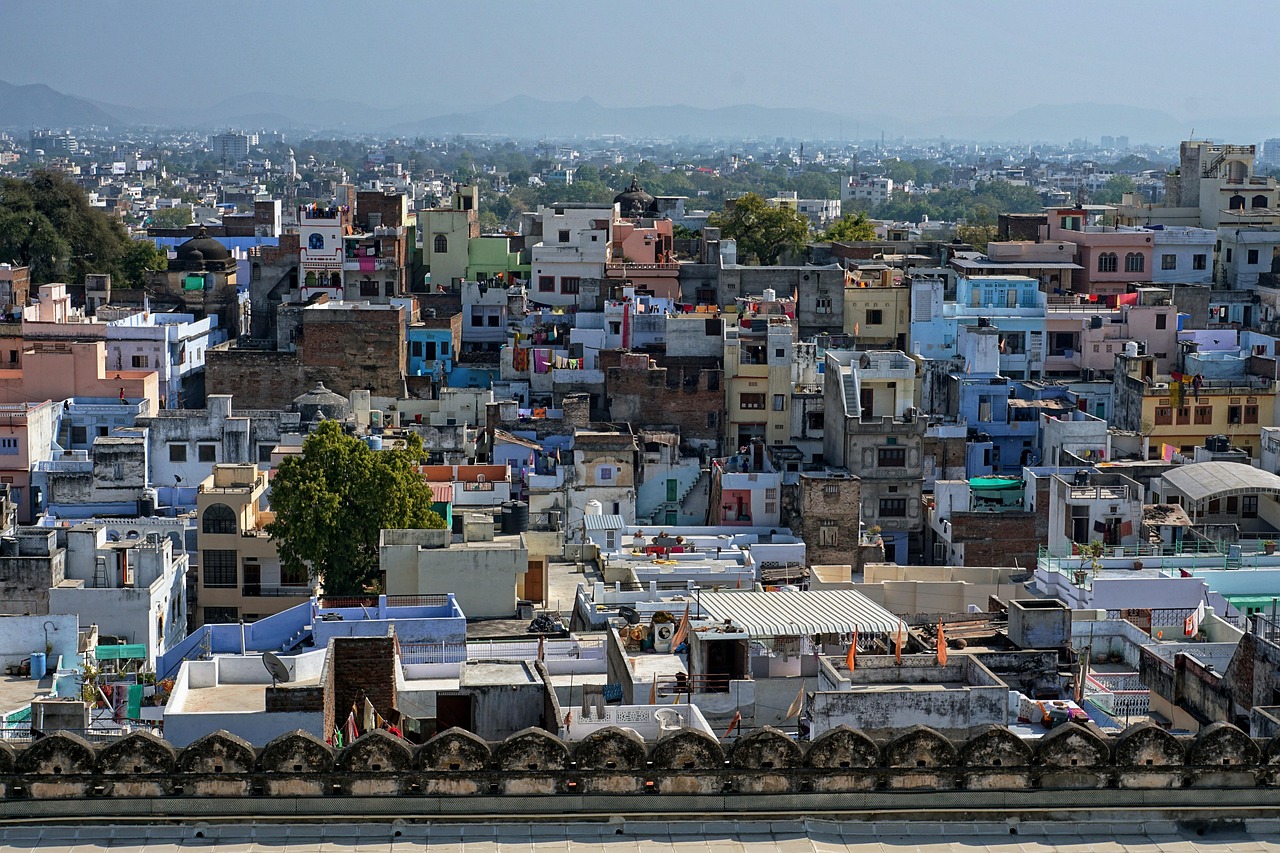- Key Takeaways
- Why Indian Investors Choose Dubai
- The Indian Property Market Reality
- Smart Investment Pathways
- Navigating Dubai’s Legal Landscape
- The Unspoken Cultural Synergy
- Future Investment Outlook
- Conclusion
- Frequently Asked Questions
Key Takeaways
- Indian investors find Dubai’s real estate appealing with its robust economy, impressive rental yields and transparent regulatory framework facilitating freehold property ownership.
- By diversifying into Dubai’s thriving property sector, investors hedge risk from slower growth and market instability in India, and tap into international capital appreciation.
- Investors enjoy a variety of property types in Dubai – from apartments and villas to commercial spaces, with brokerage expertise and flexible financing available from local banks.
- Legal compliance is a must — involving proper documentation, following Indian foreign exchange laws and seeking legal advice to facilitate property purchases in Dubai.
- Cultural similarities and robust expatriate communities in Dubai offer Indian investors a comfortable and supportive context, enhancing lifestyle enjoyment and market understanding.
- Ongoing evaluation of new developments, government incentives like the UAE Golden Visa, and global economic trends will be crucial for making informed, future-focused real estate investment decisions in Dubai.
There are Indian investors in Dubai real estate among a key slice of all foreign buyers there. A lot of them opt for Dubai because of consistent returns, transparent regulations, and a simple transaction process.
Indian buyers love to choose flats/villas or office units in bustling locations such as Downtown Dubai or Dubai Marina. Tax rates are low, and regulations are straightforward, so young and old investors alike consider Dubai real estate a smart way to build wealth.
Why Indian Investors Choose Dubai
Indian investors choose Dubai real estate because it offers higher returns, transparency, and a robust market. The city is remarkable for its liberal laws, strong returns, and favorable price point relative to India, making it a top investment destination. For many, Dubai is a safe investment environment to build wealth, live well, and save on taxes.
Advantage | Dubai | India |
|---|---|---|
Property price (2,500 sq. ft.) | Rs 3.3–7.7 crore | Up to Rs 13.75 crore (Mumbai) |
Annual property tax | Low to none | Approx. ₹500,000+ (for ₹5 crore home) |
Ownership rights | 100% foreign ownership in free zones | Restricted for non-residents |
Residency via investment | AED 750,000 minimum for visa | No direct path |
Rental yields | Higher, boosted by tourism and expats | Lower, market varies |
Dubai’s economy grows quickly, with tourism and over 2.5 million expats fueling the home demand. This combination drives up rental yields and property prices, making it an attractive destination for Indian property investors seeking sustainable returns.
While the rupee remains strong against the dirham, buyers continue to find ample room for their money. For instance, a large flat in Dubai usually costs less than an equivalent one in Mumbai but generates more rent and incurs less tax, highlighting the favorable property investment landscape.
Dubai’s laws allow Indian citizens to purchase freehold property, allowing them to directly own land and residences in numerous locations. Free trade zones provide further—complete foreign ownership, no additional local partner required.
The city’s lax taxes also allow buyers to retain more income from rent or sale, enhancing the appeal of Dubai as a prime real estate destination. Luxury, security, and world-class facilities attract investors who aspire to a luxurious lifestyle.
Indians, in particular, find Dubai both familiar and fresh—enjoying Indian schools, food, and culture, along with global perks. The path to obtaining an investor visa is straightforward—spend AED750,000 or above on property, making it easier for Indian expats to invest in Dubai.
More than AED 120 billion in Indian investments in Dubai from 2015 to 2023 demonstrates the growing confidence in this booming economy, solidifying its position as a top choice for property buyers.
The Indian Property Market Reality

Indian buyers have it rough at home. The property market in several of the big Indian cities like Mumbai and Delhi has experienced rapid price increases. This increase eliminates many purchasers. Middle-class investors can no longer find a home or office within their means. Yields around these cities average 2-4%, which is not a lot compared to many global locations.
Taxes are a factor as well. The Indian government’s capital gains tax and property taxes chew up profits so it’s almost impossible to get any good returns from rentals or resales in India. That’s why many investors look overseas now.
Dubai outshines for them. What’s even better, the city provides not only cheaper property prices but higher yields as well. Dubai properties generate higher rental returns. Dubai’s legal and tax architecture is more friendly for foreign investors.
It’s a transparent process and an easily traceable return. This is what makes Dubai such a compelling choice for those wishing to diversify their portfolio and not have all their eggs in one basket.
The table below shows key differences:
Factor | Indian Market | Dubai Market |
|---|---|---|
Price growth | High, sometimes flat | Steady, more value |
Rental yields | 2-4% | Higher, often 5-8% |
Taxes | High | Lower, investor-friendly |
Entry costs | Rising, often high | Accessible, lower |
Market stability | Can be volatile | More stable |
Many Indians, not just the uber-rich, are now purchasing in Dubai. Even small town and middle income folk are making this move. They perceive greater value and safer returns.
Dubai’s transparent regulations, lower taxes and premium rental yields are undoubtedly a strong factor. I’m sure this trend will only continue to grow as more buyers pursue smarter deals.
Smart Investment Pathways

Indian investors looking at Dubai real estate have a broad range of choices. Dubai’s real estate sector garners worldwide focus due to its consistent yields, transparent laws, and tax incentives. For Indian property investors, investing in Dubai real estate can serve as a way to hedge against rupee fluctuations, since rental income and property values are denominated in foreign currency. This makes it an attractive destination for many potential UAE investors.
It’s a straightforward investment process—buyers pay a 4% fee to Dubai Land Department plus some admin fees, and since 2021, can have 100% ownership in the majority of sectors without a local partner. This open business environment enhances the appeal for international investors.
Investment choices span several property types and zones: luxurious lifestyle options, affordable apartments, and commercial properties. Dealing with trustworthy property brokers is crucial. They provide market expertise to guide investors through comparing neighborhoods, legal processes, and property categories. Brokers detail how Dubai’s tax system operates—no personal income tax, no capital gains tax, and no withholding tax.
- Residential flats in high-return locations (Dubai Marina, JLT, International City)
- Commercial spaces for office or retail use
- Villas and townhouses at communities such as Mohammed Bin Rashid City
- For example, off-plan properties in upcoming hubs like Dubai South
- Holiday homes for short-term rental
These rules increase net returns relative to other global markets. For the more flexible, some eye side paths like Portugal’s golden visa, but Dubai’s open business regulations and tax-free environment continue to be strong magnets for real estate buyers.
These rules increase net returns relative to other global cities. For the more flexible, some eye side paths like Portugal’s golden visa, but Dubai’s open business regulations and tax-free environment continue to be strong magnets.
Smart analysis is essential. Locations such as Dubai Marina typically offer 5-7% returns, JLT 6-8%, and International City 7-9%. Newer destinations such as Dubai South are now attracting attention for rental growth. Against fixed-income products, Dubai real estate could provide 8-12% annual returns, illustrating why it presents a compelling choice for property investment.
Ultimately, the potential capital appreciation coupled with the vibrant economy of Dubai makes it a safe investment environment, reinforcing its status as a prime investment destination for Indian nationals.
Navigating Dubai’s Legal Landscape
Dubai’s real estate market is very different now, with transparency and investor protection in the spotlight. There are legal steps and rules to be aware of as an Indian investor before making a purchase.
First, it’s essential to have a documentation checklist. This must include a valid passport, proof of funds legality, an MOU and signed sale agreement. The Original Title Deed and a No Objection Certificate (NOC) from the developer or local authorities are required to complete the transaction. The NOC indicates that no outstanding dues or litigation are associated with the property.
When repatriating funds from India, investors have to observe the Reserve Bank of India’s foreign exchange guidelines. LRS enables you to send up to USD 250,000 a year per person outside India. Investors must maintain transparent accounting of all transfers and ensure funds are processed through legitimate banking channels.
Violating these guidelines can result in fines or inconvenience down the road with property ownership. Dubai allows foreigners to purchase freehold property in various areas. Purchasing in these communities can provide a resident visa.
Expenses are shifting. A recent decision increased the downpayment on off-plan units by roughly 6%, pushing the total amount upfront to approximately 26%. That’s in line with worldwide figures, but purchasers have to budget for these larger payments. For instance, a down payment might now be 10% to begin, but more fees add up, particularly for new launches.
With Dubai’s market cycles and new rules, having a legal expert is a wise move. Lawyers can review the documentation, clarify all contract language, and identify liabilities before funds are exchanged.
This is crucial as more than 220,000 new units launched across 2023 and 2024, and things like increased tariffs or oil prices could tip the market in 2025.
The Unspoken Cultural Synergy
Indian investors feel at home in Dubai because the city mirrors so much of their own culture. The UAE and India have historically had strong cultural and trade connections, making Dubai an attractive destination for property investment. This tie is readily apparent in everyday life, with a significant Indian population residing and working in Dubai.
A lot of expat Indians enjoy living in International City and Dubai Sports City, where Indian shops, food, and festivals are abundant. These corners not only make newcomers feel at home but also provide ideal investment opportunities for those looking to buy property.
- Shared values of family, work, and business drive trust.
- Numerous Indian restaurants, shops and cultural events are readily accessible.
- English is common, making talks and deals simple.
- Indian festivals and holidays are widely celebrated.
- Social clubs and religious centers help keep traditions alive.
- With flights to and from India being short and frequent, it’s easy for families to stay close.
- Indian schools and health centers are highly recognized and respected.
The large Indian population in Dubai creates powerful connections. Local Indian Chambers of Commerce and cultural clubs offer assistance and orient new investors to the real estate market, making it easier for them to navigate the investment process.
These communities trade helpful advice, link members to agents and attorneys, and assist with paperwork. This network means new arrivals receive guidance from existing service members who have already taken the leap, thus reducing the risk associated with investments.
Dubai’s luxurious lifestyle aligns with what many Indian purchasers desire. The city’s secure and liberal community embraces everyone, making it a safe investment environment for property buyers.
Indian families love the international schools, parks, and malls. With Dubai’s role as a travel and trade hub, Indian investors consider it a clever location to expand their wealth and access additional markets, ensuring potential capital appreciation.
With numerous venues to gather, dine, and celebrate, Indian culture truly resonates in Dubai, enhancing its appeal as a prime real estate destination for international investors.
Future Investment Outlook
Dubai’s realty market too is a favourite among Indian investors seeking sustainable growth and robust yields. The sector is poised for continued expansion in 2025, supported by demographic tailwinds, open reforms, and stable investor inflows. Dubai’s position as an international finance and trade center is deepening, with fresh agreements such as BRICS membership and major trade agreements. These moves, and the ‘We the UAE 2031’ plan, ought to keep the market pushing higher.
Several key factors shape Dubai’s future property outlook:
Look out for new neighborhoods and projects. Places such as Dubai South and Jumeirah Village Circle are exploding very quickly, presenting cheaper prices and new spaces. Many investors now look beyond downtown for value in emerging locales.
Government actions count. UAE Golden Visa opens door for more foreign buyers. It’s more convenient for established residents and entrepreneurs to invest, providing assurance of remaining in the nation.
Rental yields remain robust. Dubai’s gross rental yields are lofty—somewhere between 5 and 7%. That’s far better than what a lot of the world’s cities provide, attracting both newcomers and experienced investors alike.
The macro picture is helpful. The dollar’s recent dip certainly doesn’t hurt, making Dubai more reasonably priced to European and British buyers. This trend can attract more currency-sensitive mid-level investors.
Public money supports growth. The government slashed record budget 2025–2027, almost half for new buildings and roads. This generates value over time for tenants.
Prepare for external threats. If oil prices fall short of what the region requires, it can suffocate builders’ cash and loans. That could decelerate new projects or increase risks for continued ones.
Millionaires keep returning. 6,700 new millionaires Dubai will welcome in 2024 – more than any city in the world. Their need for high-end homes ought to keep the luxury market humming.
Conclusion
So what makes Indian buyers so remarkable in Dubai’s bustling real estate market? Most seek good value and defined regulations and robust returns. Dubai offers all three. Purchasers tend to select locations with convenient metro connections or close to commercial centers. Most are looking to own flats in new towers or are torn between mid-range villas. Rules seem transparent and the transaction is swift. Most buyers go through local agents who speak their language. Some seek stable rental returns, some simply wish to safeguard funds. New tech options make it easy at every step, from discovering options to closing. For those eager to begin, do your market research, consult reliable agents, and verify regulations. Step ahead cautiously and experience what Dubai holds for you.
Frequently Asked Questions
Why are Indian investors attracted to Dubai real estate?
Dubai’s appeal to investors, particularly for Indian property investors, lies in its high rental yields, tax benefits, and strategic location with global connectivity. The transparent property market is accessible to overseas investors, enhancing its allure for those seeking safe investment opportunities.
Is it legal for Indians to own property in Dubai?
Absolutely, Indians can own property in the freehold areas of Dubai, making it an attractive destination for property investors. The procedure is transparent and backed by local government for investor security.
How does Dubai real estate compare to the Indian property market?
Dubai’s real estate market offers contemporary infrastructure and consistent returns, making it a good investment choice for property investors. Compared to many Indian cities, it has simpler ownership processes and fewer regulatory barriers.
What are the main steps for Indians to invest in Dubai properties?
Crucial steps involve choosing a unit for property investment, validating the developer, arranging the payment, and registering with the Dubai Land Department, ensuring a safe investment environment.
Are there any cultural advantages for Indian investors in Dubai?
Dubai, an attractive destination for real estate investments, has a huge Indian population and similar cultural values, creating a friendly stage for Indian investors.
What taxes do Indian buyers face when investing in Dubai real estate?
Dubai has zero property tax or capital gains tax for individuals, making it an attractive destination for Indian property investors. With buyers paying a one-time registration fee, the tax environment is appealing to those looking for investment opportunities.
What is the future outlook for Indian investment in Dubai real estate?
The future looks bright for property investors. Dubai’s stable economy, visa options, and global appeal offer compelling reasons for Indian nationals to invest in real estate.



